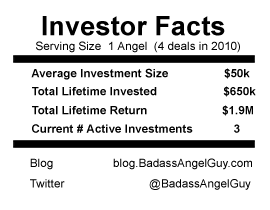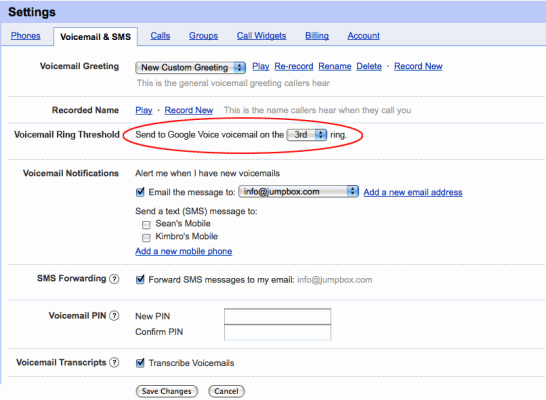The offline Adwords editor is a godsend for working with ad campaigns that have large sets of keywords. But one of its shortcomings is that there is no easy way to bulk update bid amounts for keywords that fall off the first page of results (or more accurately “there is no easy way to identify these keywords in the offline editor”). I posted this question in their forum but got no love. I’ve since come up with a simple workaround that saves a ton of time over manually adjusting a bunch of bid amounts via the browser:
- In the web interface go into your Adwords account, choose the top-level folder on the left and then select the keywords tab.

- Filter on the “Status” field. Your list is now sorted by active keywords and various error messages and warnings. Scroll to the very bottom and use the paginated navigation to jump ahead to where the warning about “below first page minimum bid” message starts appearing.

- Shift-click on the checkboxes that “bookend” your selection, in this case we’ll just do three. Once selected click the “change status” drop-down and pause these keywords (Note: if you have existing paused keywords they’ll get mixed in when you do this).
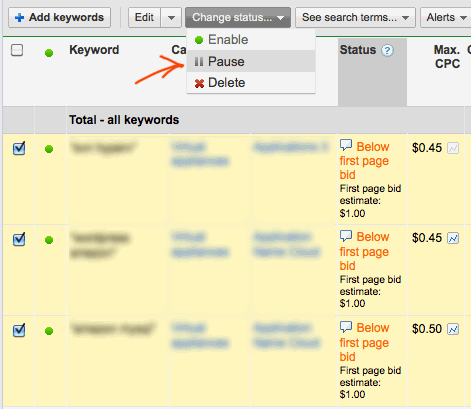
- Now hop over to your offline editor, get the latest changes and open up the keywords tab. Sort by the “Status” field and now you’ll have your offending keywords all grouped together. Highlight only the ones you want to bulk edit and then click the “Advanced Bid” link at the bottom.
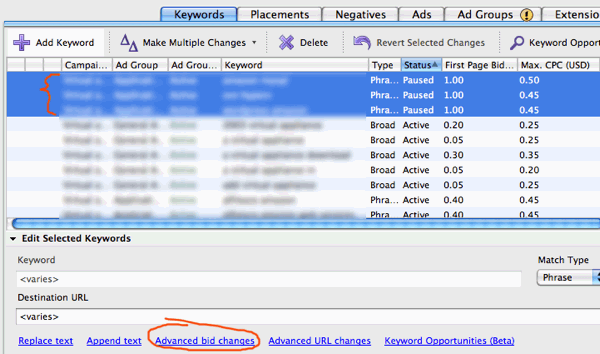
- Click the “Raise max CPC bid to first page bid estimate” and bulk apply this change to the ones you’ve selected. Post your changes live and the final step is to reactivate the paused keywords (which should still be selected if you have your same browser window open).
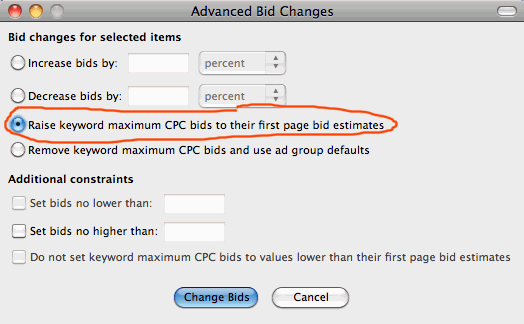
Obviously this technique is overkill if you only need to update 3 keywords. But if you’re dealing with 4000 and need to adjust the bids on 150 (which is the situation I had today) it’s a great time saver. Mad props to the developers that created the offline editor – it’s massively helpful.

 Very simple: make it possible to loan a digital book to a friend. Not authorize the same book simultaneously across multiple computers on the same account, but actually de-auth it from one and give it to someone else.
Very simple: make it possible to loan a digital book to a friend. Not authorize the same book simultaneously across multiple computers on the same account, but actually de-auth it from one and give it to someone else. Check out the full list of
Check out the full list of 
